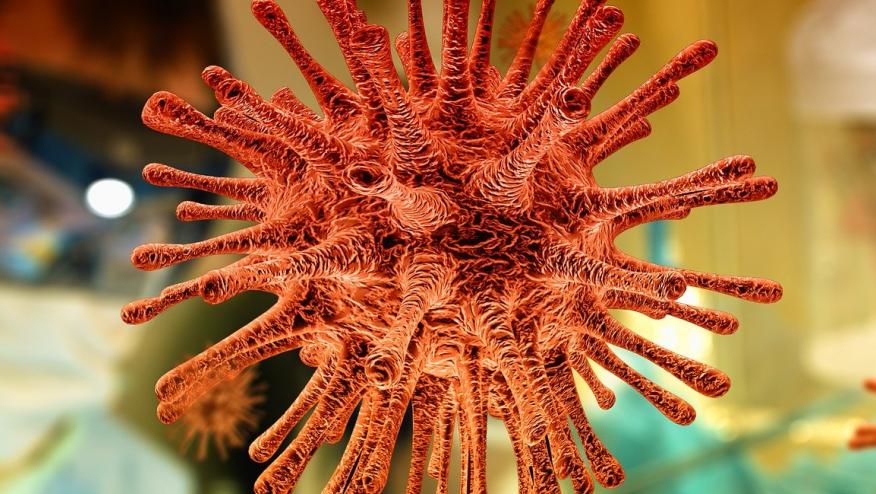MMWR: Booster Vaccine Efficacy in Immunosuppressed Patients Save

For adults aged ≥18 years who received 2 doses of an mRNA COVID-19 vaccine, a third dose increased vaccine effectiveness (prevention of hospitalization) among adults without (82% to 97%) and with immunocompromising conditions (69% to 88%), with near similar efficacy.
The ACIP recommends administration of a third COVID-19 mRNA vaccine dose as part of a primary series among immunocompromised adults, or as a booster dose among immunocompetent adults, provides improved protection against COVID-19–associated hospitalization.
In general, vaccine effectiveness (VE) among persons with immunocompromising conditions is lower than that among immunocompetent persons, and VE declines after several months among all persons. The Food and Drug Administration (FDA) issued a series of guidances relating to booster use in those immunocompromised:
- August 12, 2021 - an emergency use authorization (EUA) for a third mRNA vaccine dose as part of a primary series ≥28 days after dose 2 for persons aged ≥12 years with immunocompromising conditions,
- November 19, 2021 - as a booster dose for all adults aged ≥18 years at least 6 months after dose 2,
- January 3, 2022 - the timing of the booster changed to ≥5 months after dose 2 on.
Vaccine efficacy (preventing COVID-19–associated hospitalization) among 2,952 adults (including 1,385 COVID-19 case-patients and 1,567 COVID-19–negative controls) hospitalized at 21 U.S. hospitals during August 19–December 15, 2021, was compared between adults eligible for but who had not received a third vaccine dose (1,251) and vaccine-eligible adults who received a third dose ≥7 days before illness onset (312).
Among 1,875 adults without immunocompromising conditions (including 1,065 [57%] unvaccinated, 679 [36%] 2-dose recipients, and 131 [7%] 3-dose [booster] recipients), VE against COVID-19 hospitalization was higher among those who received a booster dose (97%) compared with that among 2-dose recipients (82%) (p <0.001).
Among 1,077 adults with immunocompromising conditions (including 324 [30%] unvaccinated, 572 [53%] 2-dose recipients, and 181 [17%] 3-dose recipients), VE was higher among those who received a third dose to complete a primary series (88%) compared with 2-dose recipients (69%) (p <0.001).
Administration of a third COVID-19 mRNA vaccine dose as part of a primary series among immunocompromised adults, or as a booster dose among immunocompetent adults, provides improved protection against COVID-19–associated hospitalization.
This research took place betweenAugust 19–December 15, 2021, a period in which the SARS-CoV-2 B.1.617.2 (Delta) variant was predominant.









If you are a health practitioner, you may Login/Register to comment.
Due to the nature of these comment forums, only health practitioners are allowed to comment at this time.